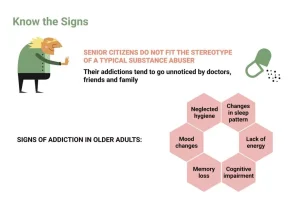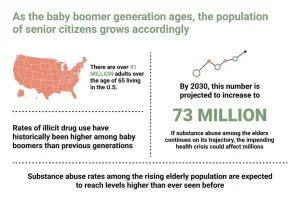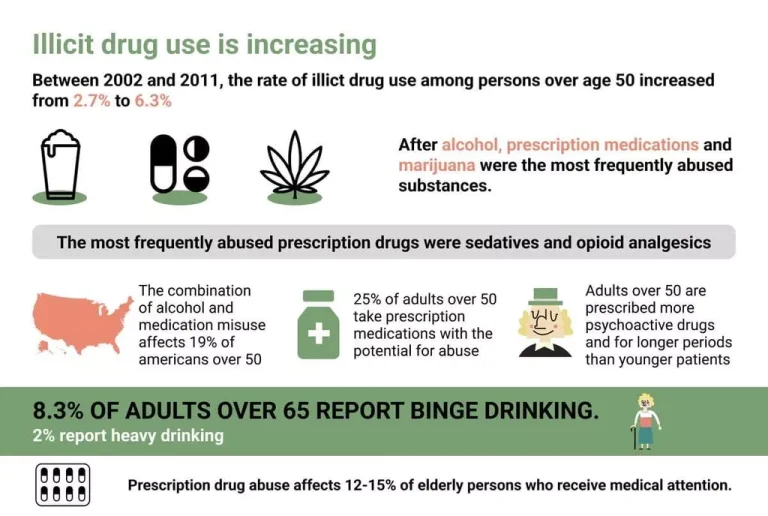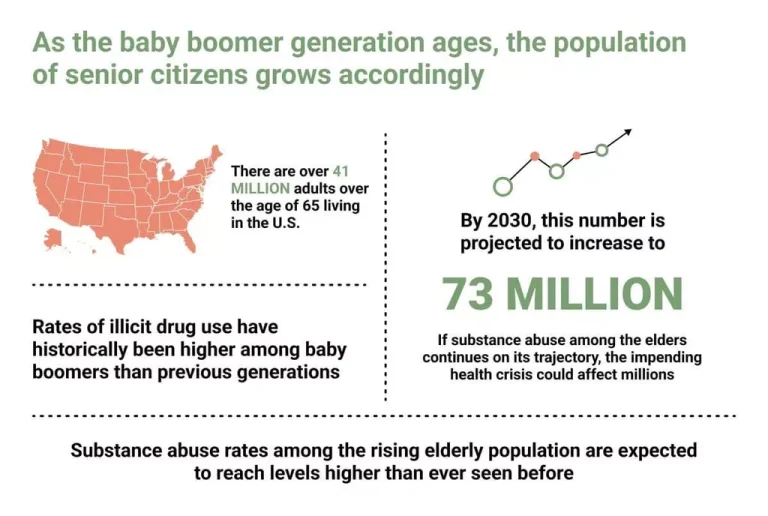
The drug-exposed children also exhibited poorer long-term spatial memory and visual/motor integration. Another study documented structural changes in the frontal and parietal cortex of 3- and 4-year-old children who had been exposed prenatally to methamphetamine (Cloak et al., 2009). In laboratory studies, rats that were treated with methamphetamine during pregnancy gave birth to pups that, when they reached adulthood, were slow to learn spatial relationships and exhibited spatial memory impairment (Acuff-Smith et al., 1996; Slamberová et al., 2005). Prenatal exposures to a number of other drugs have significant deleterious effects on cognition and behavior that may not rise to the level of mental retardation.
Snorting Dangers: The Cocaine Effects on Your Nose You Need to Know About
- Mason has worked in the drug and alcohol rehabilitation field for over 18 years, holding many positions throughout his career including conduct intervention counseling, family advising, and one-on-one counseling.
- Neuroscience research has correlated learning with the elaboration of neural networks in the brain.
- Accountability is especially important when it comes to reducing cognitive dissonance and regaining control of your life.
- These defense mechanisms protect their deep-rooted beliefs about themselves and substances.
To reduce this discomfort, individuals may engage in rationalizations or denial, perpetuating a cycle of addictive behavior. A better understanding of how substances of abuse change cognitive processes is needed to develop new therapeutic agents to treat addiction and ameliorate cognitive deficits. This is a complex issue, however, as different drugs of abuse appear to alter different cognitive processes and cell signaling pathways. Even among users of the same drug, cognitive impacts will differ depending on variations in environmental factors and genetics.
Stages of Addiction: Understanding the Cycle and Path to Recovery

He is interested in General Medicine, Addiction Medicine, Mental Health, and End-of-Life Care (such as palliative and hospice care). Jesse Quaid is a Certified Alcohol and Drug Counselor- Certified Addiction Specialist (CADC-CAS) who works in the Intake, Insurance and Clinical Records departments at Elevate Addiction Services. Jesse studied business and marketing at the University of North Florida as well as Western Governors University achieving his Bachelors of Science in Business- Marketing Management. Jesse considers the need for helping people with alcohol and drug use cognitive dissonance and addiction to be a personal mission and one that he feels is necessary within the current epidemic of use throughout the country and world. Carrie’s strengths include trauma informed care counseling, genuine compassion for all residents. The client’s repeatedly express how amazed they are at Carrie’s listening skills and non-judgemental attitude, which allows them to develop trust, honesty and openness to discuss their SUD.
- However, while that may be true, evidence-based scientific research has shown that this disease plays mind games, controlling all aspects of a person’s life, mentally, physically, and socially.
- Internal consistency reliability is a statistical method used to measure the consistency and reliability of tests or actual measurements in the research.
- It determines the degree of measurement error, which ensures that the test results are stable, consistent, trustworthy, and reliable.
- The individual has to find a way to resolve this contradiction, and there are three strategies that they can use to do this.
- In laboratory studies, rats that were treated with methamphetamine during pregnancy gave birth to pups that, when they reached adulthood, were slow to learn spatial relationships and exhibited spatial memory impairment (Acuff-Smith et al., 1996; Slamberová et al., 2005).
- The recovery process needs to address cognitive dissonance that’s allowing you to defend your substance misuse.
How Cognitive Dissonance Shows Up in Substance Abuse
- Cognitive dissonance produces three disordered emotions, including the positive (pleasure), the negative (antipathy, self-accusation), and psychological discomfort (irritability, discomfort), and people usually change their attitudes or behavior to achieve cognitive consistency.
- The other half, however, given insufficient justification (only $1) for their behavior, experienced dissonance between the knowledge that the task was boring and the reality that they were misleading a fellow participant into believing it was interesting.
- Simply put, a person experiencing cognitive dissonance will make any excuse to justify their thinking and minimize the anxiety and discomfort they may experience.
- Camille believes that recovery is not just about overcoming addiction but also about building a meaningful and fulfilling life afterward.
In the context of addiction, cognitive dissonance occurs when someone wants to continue using drugs or alcohol, but also desires to recover. Service overload of pan-entertainment mobile live broadcast Sober living house platforms has a positive influence on users’ cognitive dissonance. Cognitive dissonance can reinforce addictive behaviors by creating a mental framework that justifies continued substance abuse. Individuals may convince themselves that their actions are acceptable or that they have control over their addiction, despite evidence to the contrary.

Dan is passionate about disrupting https://ecosoberhouse.com/ the current addiction treatment model in the USA and wants to see people overcome their addiction issues and not just remain sober, but thrive in life while living their passion. His passion is helping addicts holistically and through a blend of both western and eastern philosophies. Cognitive dissonance is the fundamental coping mechanism that people abusing drugs use throughout their active addiction and can often follow them into recovery.


If you are struggling with the development of an addiction and have experienced this kind of cognitive dissonance, then get in touch with The Bergand Group. The Bergand Group is Maryland’s leading addiction recovery center and offers support for those struggling with addiction and mental health issues, including medication management strategies. We can help you to work through your addiction in a safe and healthy environment where everyone is committed to your care. These ideas will shape how they perceive and judge the world, and it would not be possible to live without them and still be able to function. Sometimes the individual can hold beliefs and opinions that are contradictory or that contradicts their behaviour. For example, a person may believe that drinking too much alcohol is bad, but they still continue to indulge in this behaviour.
Leave a Reply